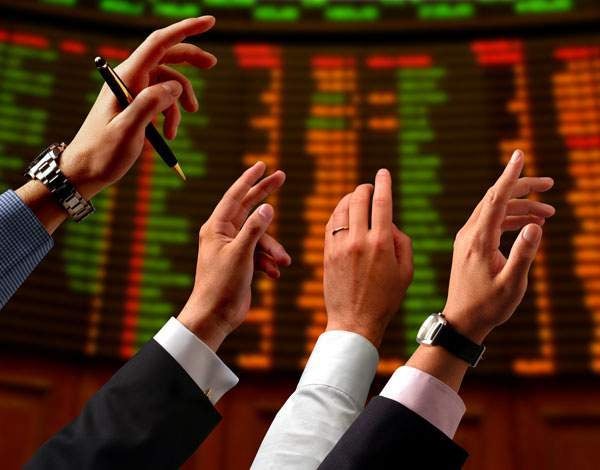
Guy Monson says continued QE in Japan and Europe, lower bond yields and interest rates are making global equities compelling
The abrupt market correction back in August now feels like a logical response to gathering deflationary risks and growing worries over the credibility of central bank policy. A fear of geopolitical fragmentation (especially the Syrian and migrant tragedies) has added to concerns.
After recent falls, though, lower equity valuations and higher running yields are starting to offer value. Yes, profitability has been damaged for commodity and energy producers and the more indebted emerging world companies. On the other hand, sharply lower energy costs, renewed corporate restructuring and (over time) windfall export gains from the collapse of emerging world currencies offer huge opportunities. Meanwhile, with lower bond yields and interest rates, global equity income strategies are starting to look compelling.
For more than six years, the US Federal Reserve’s stimulus policy has both supported a remarkable bull market in equities and underpinned an (albeit sub-par) global economic recovery. Whenever events have flared up that might threaten this recovery, rate expectations have faded, more quantitative easing has been promised by one central bank or another and bond markets have rallied. This offers just enough economic growth to sustain profits, but also just enough worry to prevent actual rate rises. It has proved a near-perfect tonic for global markets.
Two things appeared to alter the equilibrium over the summer. First, the spectre of deflation is more worrying for markets than in previous crises, because the sell-off in global commodity prices, Chinese equities and emerging-world currencies all happened simultaneously. This is already impacting global trade volumes and increases the risk of wider economic damage to China, emerging markets and, potentially, the global economy.
The second concern is that Fed policy has confused rather than comforted investors. Chair Janet Yellen has become hostage to global economic and market events, and her perceived dithering is reflected in rising equity market volatility.
It is not only the Fed that has seemed flat-footed of late. The Chinese response to its stock market correction has appeared heavy-handed and at times counterproductive. In Europe, meanwhile, even the worst of the Greek and wider eurozone crisis pales in significance compared to the challenges and tragedy of today’s migrant crisis.
The lack of unified policy suggests a more fragmented, divided Europe, and one where fundamental concepts such as the Schengen open-borders zone may ultimately come under question. The Spanish elections (on 20 December) and the Brexit debate may become wider polls on the wisdom of a centralised Europe.
Unsurprisingly, equity markets are demanding a premium for these uncertainties and for the associated risk to profits, as China’s slowdown ripples out beyond the mainland. With US and, increasingly, global valuations already expensive, the correction has been sharp and widespread. World equities fell more than 12 per cent from their peak, while emerging-world currencies moved close to decade lows and commodities prices near to levels seen last in the depths of the 2008/09 crisis.
Are the current political, deflationary and policy challenges priced into global markets yet? We at Sarasin would argue that they broadly are. To begin with, US and UK bond yields fell back by almost 30 basis points in the autumn, while rate rises have been delayed and the probability of QE being extended or increased in Europe and Japan has risen. All have made equity yields look attractive.
Second, we believe that continued QE programmes in Europe and Japan (in the Bank of Japan’s case including direct equity ETF purchases) will support equity assets, especially when combined with active corporate restructuring agendas. We are also considering adding to corporate bonds, where spreads have widened and income again is compelling.
Third, we believe a strong dollar will offer windfall gains, particularly to emerging-world exporters. Emerging-world consumers will benefit as sharply lower food and energy costs feed into household budgets.
Finally, a focus on longer-term thematic drivers should, we believe, generate top-line growth for selected companies even if overall growth slows.
Investors see the glass today as very much half empty, with deflation risks, a Chinese slowdown and policy confusion at the top of their global worry lists. We may soon, though, remember that not so long ago we thought cheap oil, cheap food and low interest rates were good things, and that equity yields that were more than double bond yields were a cause for celebration, not despair.






